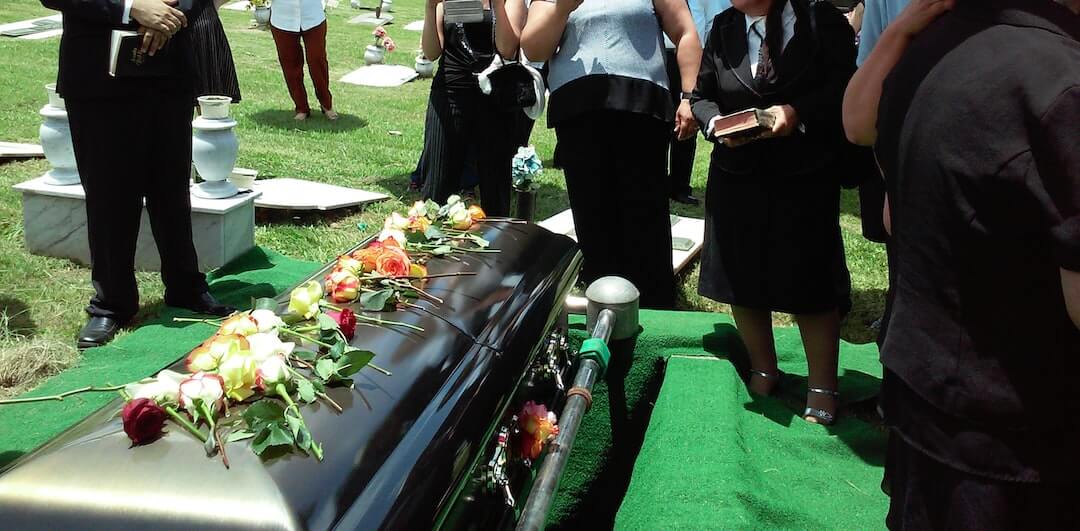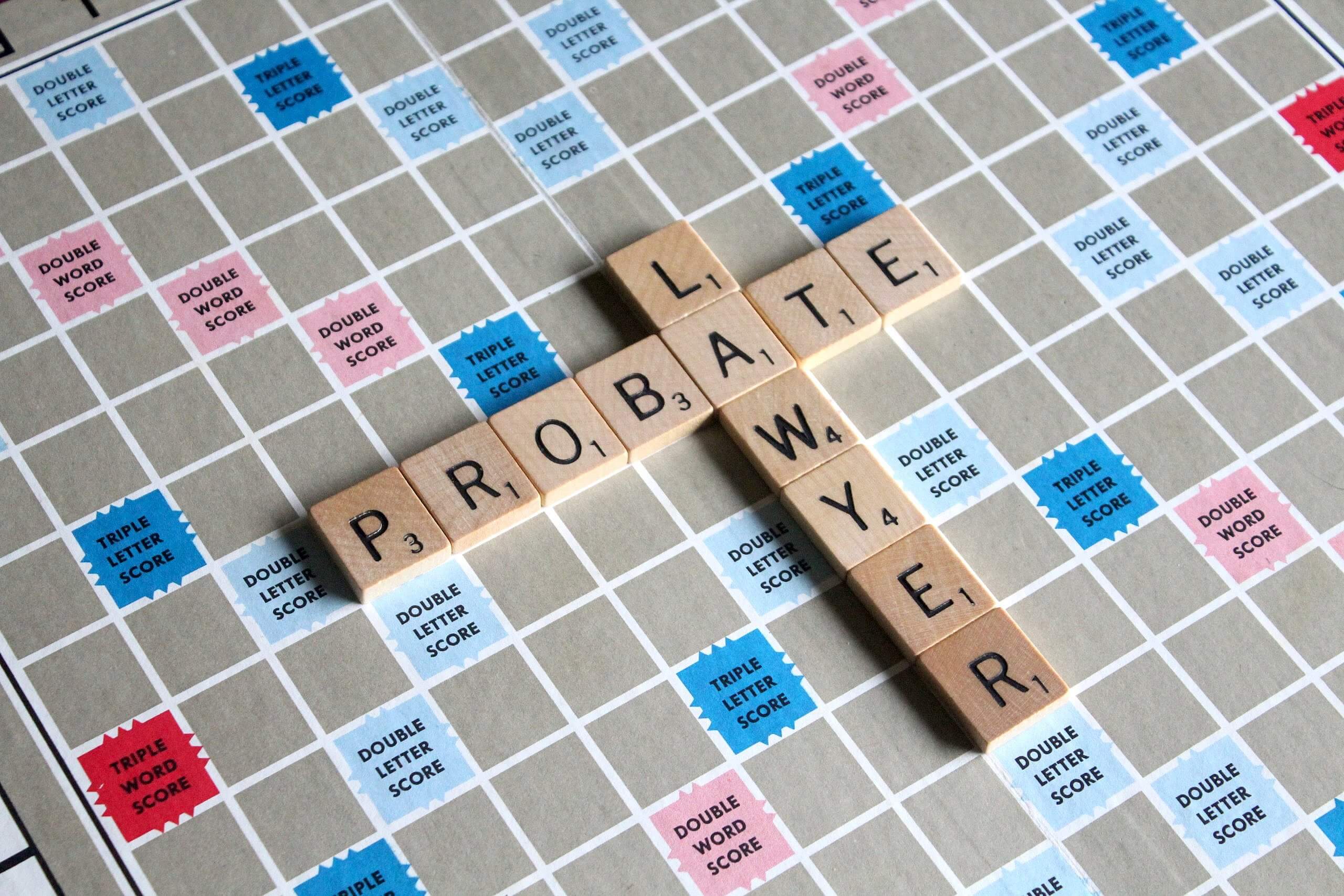Imagine the following scenario: You have been living in a house for years. As your mother’s sole heir, you inherited it from her when she passed away. You pay the taxes and insurance. You make the repairs and mow the lawn. You call it home, and everyone in the family calls it “yours.”
However, when you decide to sell, a harsh reality surfaces: Your name is not on the deed. While it may feel like your home, it is not actually yours as far as the bank is concerned. It never was. And because it is not legally yours, you cannot sell it.
How did this happen? You assumed that everything was handled years ago. You start digging and learn that, not only do you not own the home, you could lose it. A distant relative you barely know could claim a share, or maybe just as worrying, the state could step in to redistribute it according to state law. You find yourself suddenly facing a legal crisis you never saw coming—and you need to fix it fast.
Scenarios like this one are more common than you might realize. From unrecorded deeds to accounts held solely in a deceased spouse’s name, many people discover too late that what they thought they owned is not legally theirs. When that happens, the fallout can be costly, time-consuming, and deeply disruptive.
Why the House You Live in May Not Be Yours
It is a nerve-wracking proposition to consider that what we think we own might not be ours. This issue can arise in the context of inherited accounts or property, in which case important documents may have fallen through the cracks of estate administration. However, it also happens in co-ownership arrangements, whether between spouses, family members, or business partners.
The old saying that “possession is nine-tenths of the law” does not, in most situations, hold much weight in court. If a property, such as a home, was meant to be yours but has not been properly transferred into your name, simply living in it will not protect you. You will need to identify what went wrong and take action to correct it.
The problem often stems from an incomplete or poorly executed estate plan. For example, in the case of a home you have lived in for years but do not legally own, here is what might have gone wrong:
- The home was left to you in a will, but probate was never opened to formally transfer title.
- There was no will and no open probate for the court to determine who was legally entitled to the home based on state intestacy laws.
- The original owner intended to have a deed drafted to transfer the property at their death or into a trust but never followed through.
- A verbal promise (“This will be yours someday”) was not backed by legal documents.
While your perceived ownership may not be legally valid, the potential consequences very much are. Here are some common consequences of not checking to ensure that the property you thought you inherited was actually yours:
- You cannot sell or refinance the home. Without your name on the deed, title companies will not allow you to sell the home, and lenders will not recognize your authority to take out a loan.
- Insurance issues. Your homeowner’s policy may be void if you are not the legal owner, and the insurance company could refuse to pay out on any claims.
- Family disputes. Other family members or heirs may have a claim to the property, and you could lose all the money you have spent maintaining the home.
- Creditor exposure. Because the home is still titled in the deceased owner’s name and remains part of their estate, the deceased’s creditors may be able to come after it. Their success in doing so will depend on how much time has passed since the deceased owner’s death and whether the deadline for filing creditor claims has expired.
To fix the situation, you will likely need to take the following steps:
- Open a probate case in the state where the property is located to formally transfer legal title.
- Prove that the deceased owner’s will (if there is one) is legally valid and determine whether you are legally entitled to inherit the property. If there is no will, determine who is legally entitled to inherit the property under state law.
- After probate concludes (or as part of the probate process, depending on your state’s probate procedures), a new deed will be recorded transferring the property to the person or people legally entitled to it (ideally, this means you).
The cost to open a probate proceeding with the end goal of recording a new deed could easily be tens of thousands of dollars. However, costs could escalate beyond that if there is a lapse in insurance coverage and you file a claim or somebody else asserts a right to the property and you end up in litigation to settle who is entitled to the property.
To avoid these issues, anyone who believes that they have inherited real estate should contact an attorney to verify that they are the rightful owner and to ensure that a proper deed is created and filed to reflect their new ownership as a result of the original owner’s passing.
You should also work with an attorney anytime you inherit anything of significant value or add accounts or property so that you can properly account for it in your estate plan. An experienced attorney can help you catch and correct issues before they become legal or financial crises, either for you now or for your loved ones later.
When You Think You Own It Together
Robert always handled the household finances. He managed the bills, balanced the checkbook, and paid the mortgage from a checking account in his name. His wife, Maria, had always assumed that the account was “theirs” because it was used to pay for both of their expenses. She was wrong.
When Robert passed away and Maria tried to access money in the checking account, the bank told her she had no legal right to the funds in it. “Their” bills were still coming in, but the money from “their” account was not. It did not matter to the bank that Maria was Robert’s wife or that they had shared a life together. She was not listed on the account as an owner; that meant the funds were locked away, and she needed to take legal action to access them.
What May Have Gone Wrong
- The primary household account was titled in one spouse’s name only, by default or for convenience, and the couple did not realize it.
- The couple may have intended to add the nonowner spouse as a joint owner or designate them as a beneficiary but never followed through.
- The account did not have a payable-on-death (POD) or transfer-on-death (TOD) designation, leaving no clear path for transfer.
- The account holder believed their spouse would automatically inherit the account by being their spouse or that their will naming the spouse as a beneficiary would control distribution without the need for probate court.
Consequences of Getting It Wrong
- Financial disruption. The survivor who now does not have immediate access to these funds may be unable to pay for rent, mortgage, groceries, utilities, or other essentials.
- Frozen funds. Accounts in the deceased’s sole name may be frozen until probate has been opened.
- Added stress. These issues arise when a spouse is already grieving and emotionally vulnerable.
- Legal delays and potential expenses. Even if the funds are eventually released to the spouse, the remedy requires time, paperwork, and possibly court involvement.
How to Fix It
- The surviving spouse will likely need to open a probate case to gain access to the funds.
- In some states, affidavits or similar claim forms can offer a quicker alternative to a full probate, especially for smaller accounts and smaller estates.
How to Prevent Issues in the Future
- Review the ownership and beneficiary designations of all accounts—especially the critical ones used to pay for everyday expenses—and ensure that the right people have access during an owner’s incapacity and upon their death. Consider taking the following additional steps:
- Add a joint owner
- Name a POD or TOD beneficiary
- Include the account in a revocable living trust
- Work with an attorney to coordinate titling, estate planning documents, and access strategies to avoid unintended lockouts or delays.
Financial institutions do not recognize good intentions. They follow legal paperwork. That is why ensuring that your accounts reflect your estate plan (and not just your assumptions) is so important for protecting your spouse and other beneficiaries.
When You Think You Are the Sole Owner
Brothers Mark and David invested in a rental property together years ago. They always assumed that if something happened to one of them, the other would simply inherit the deceased brother’s share, allowing the remaining brother to continue owning and managing the property seamlessly.
However, when Mark passed away, David was shocked to learn that Mark’s 50 percent share did not automatically go to him. Instead, it became part of Mark’s estate, and his estranged adult son ended up owning half the property.
What May Have Gone Wrong
- The deed listed the owners as tenants in common. This form of ownership means that each co-owner owns a distinct, separate share of the property. With this type of ownership, there are no rights of survivorship, so each co-owner’s share passes according to their will (or intestacy laws) upon their death, not automatically to the other co-owner(s).
- One co-owner dies without updating their will—or worse, without a will—leaving their share to someone the other co-owner never intended to deal with.
Consequences of Getting It Wrong
- Unexpected co-owners. You could end up sharing the property with a relative of your deceased co-owner who wants to sell or use the property in a way you disagree with.
- Legal disputes. Disagreements between unintended co-owners over how to use or maintain the property can lead to long and costly court battles.
- Partition actions. If the new co-owner wants out, they could force a sale of the property through the court, regardless of whether you want to keep the property. Partition actions can be expensive and could force a sale of the entire property, not just the disputed share.
How to Fix It
- You may need to negotiate a buyout of the new co-owner’s interest after the property has gone through probate and the new co-owner takes title.
- Where cooperation is not possible, a partition action can be filed in court to legally sever the co-ownership or force a sale.
How to Prevent Issues in the Future
- Review the ownership language on the deed for any jointly owned property. Property that lists tenants in common may no longer be in your best interest or match your goals.
- If you want your co-owner to automatically inherit your share, you may need to change the deed to joint tenancy with right of survivorship or include a provision in your will or trust that gives your interest in the property to your co-owner.
Co-owning property can make sense and work well while all co-owners are alive, but only when the ownership structure matches your intentions. If it does not, or if your intentions change but your estate plan does not change to match them, you could be saddled with a “property partner” you never wanted and a legal mess you did not see coming and cannot easily get out of.
Other Hidden Ownership Traps and How to Avoid Them
Real estate and financial accounts are not the only things that people may think they own without truly owning them. Misunderstood or incomplete owners can show up in other places as well:
- Limited liability company or business shares. You cofounded a small company and helped it grow but never signed an operating agreement or had your ownership interest documented. On paper, you might not own a thing.
- Personal property. Heirlooms, vehicles, or collections passed down informally and not legally transferred via an estate plan can trigger disputes among heirs or be claimed by creditors.
- Insurance and beneficiary designations. Life insurance policies with no listed beneficiary—or outdated ones that do not reflect the owner’s current wishes—may default to the estate or go to an ex-spouse or estranged relative.
The complexities of property and inheritance laws, probate, and estate administration, in addition to the human error factor, can turn what seems like a straightforward transfer into a transactional nightmare.
Do not wait for a crisis to find out that you do not own what you think you do. Work with an attorney from the start to accurately determine the legal ownership of any accounts and property you think you own or have inherited so you can fix any mistakes before it is too late and ensure that your estate plan transfers them to the intended beneficiary in the manner you intended.










